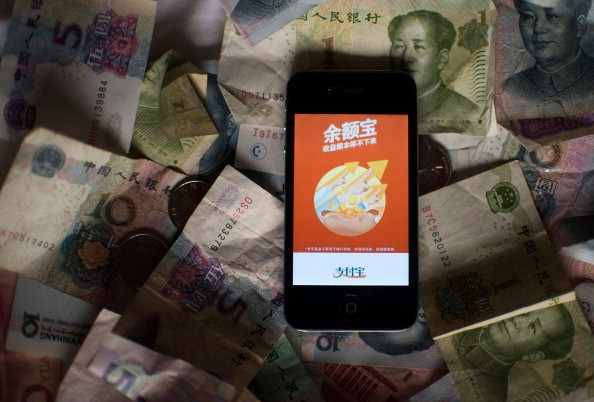A rising number of middle-class Chinese investors are moving money to invest overseas as international financiers of small projects, the New York Times reported.
Some of these investments are real property development projects which include building new homes and apartment buildings, the report said.
While some wealthy Chinese bought property across the world, technology has opened the door for small investors.
In Brooklyn, developers turn an old three-storey house into a new dream home with money from small international financiers. Adam Dahill, a mortgage broker, said the funding came from middle-class Chinese investors.
"I don't discriminate if someone wants to finance the property we developed," Dahill was quoted as saying. "Chinese? Great. American? Fine. I don't care as long as they're interested."
According to the report, this was made possible through an informal lending network, using smartphone apps and online lending platforms that enable small investors to move funds for overseas projects.
The network has also allowed them to bypass banks and other traditional sources of funds and bring the money to places where they want to invest.
However, according to some people, the value and prices of property have risen to new heights due to foreign investors.
The report said this digital transfer of money is part of the movement of wealth from Chinese looking to diversify their investment overseas as the economy is slowing.
The Chinese government has restricted the movement of money out of the country but with the new technology, some people were able to bring them out to invest overseas.
Xiaochen Zhang, a co-founder of the advocacy group CrowdFund China Society, said that new financial platforms often hire good lawyers. "This is still a gray area, so lawyers play a big role," he added.
Last month, China intensified actions to prevent the outflows by further scrutinizing big foreign deals and requiring clearance for transfers that exceed $5 million.
Despite this, the new investment channels were not affected. Investors continue to buy and sell foreign stocks using their smartphones through mobile apps such as Niuniu, Jimubox and Tiger Stocks. They were also able to pool their money to buy real estate overseas or fund buyers using online investment portals.
The online investment services are often rated for ordinary people. "Robo-adviser" app Micai, for instance, has only an investment limit of $5,000, while Wealth Migrate, a South African crowdfunding platform has $100 real estate investment products.
Another platform Haitou360, collects investments from clients to buy loan packages from well-known American crowdfunding platforms such as RealtyMogul and Patch of Land.
Since individuals are not allowed to transfer more than $50,000 currency a year, Haitou360 has structured its investments to have a legal entity represent individual investor to sidestep the restrictions.
The returns for investors depend on the period of investment, which from 30 days to five years. For long-term investments, the average returns is from 9 to 11 percent. An upfront fee is collected by the company which is equal to a certain percentage of the investment. The returns are often received by investors in foreign currency, more often in dollars.



























